This overlooked but essential nutrient is crucial for your overall health.
According to Unicef estimates, some four to five billion people suffer from iron deficiency, making it one of the most common nutritional deficiencies globally. These estimates show that iron deficiency can strike just about anyone and is more common than you think.
The human body needs a variety of key nutrients – one of which is iron – to function optimally. However, the body does not produce this mineral; it is only able to store the iron derived from food sources and supplements.

IRON’S ROLE
Why does iron matter so much?
Iron helps transport oxygen in the haemoglobin of red blood cells so that the cells can produce energy. Iron is also an enzyme component that accelerates metabolic processes in the body. A lack of this mineral can also compromise your immune system and impair the immune cell response.
In addition, iron is important for cognitive function, playing a role in the metabolism of the neurotransmitter dopamine, which controls your movements and emotional responses. An imbalance of dopamine can affect both your physical and mental well-being.
One of the most common health conditions caused by iron deficiency is anaemia. It is a condition in which the number of red blood cells or their oxygen-transporting capacity is insufficient to meet your body’s daily needs. Unicef estimates that about 2 billion people in the world suffer from anaemia.
WHO’S AT RISK?
Iron deficiency can affect anyone, but women of reproductive age – menstruation and pregnancy are some of the key factors – are among the most vulnerable groups. Young children and adolescents who are obese can also be more vulnerable to it. So can adults with long-term illnesses like diabetes, and kidney and liver diseases.
Your lifestyle plays a part, too: You could be at risk if you donate blood often (without consuming enough iron-rich food).
Can’t live without your caffeine fix? If you drink tea or coffee excessively, the polyphenols in caffeine could inhibit iron absorption.
SIGNS OF IRON DEFICIENCY
If you find yourself feeling lethargic easily and have trouble focusing at work or school, iron deficiency could be the issue, as the mineral is important for energy metabolism.
You may also be more susceptible to infections, have a fast or irregular heartbeat, suffer from shortness of breath and/or feel cold easily. When you sleep, you may suffer from restless leg syndrome – a condition in which your legs feel tingly and uncomfortable. Other signs of iron deficiency include sallow skin, tongue inflammation and hair loss.
If your nails are flat or concave, you may have spoon nails, another indicator of iron deficiency. Your doctor may also check on your conjunctiva, the tissue you see when you pull your lower eyelid down. If it looks pale, it can signal a lack of the mineral, too.
ANAEMIA MYTHS
While many of the common signs of anaemia are widely known, some misconceptions still exist.
For instance, people with healthy diets could still be diagnosed with anaemia. Ironically, certain nutritious foods like nuts, grains, seeds and soy contain natural chemicals known as phytates. These can slow down iron absorption from the rest of your food.
If you’re a vegetarian, it does not mean that you are iron-deficient – just remember to fill up on produce like dark, leafy vegetables and bean products.
Another misconception is that anaemia causes insomnia. It doesn’t, at least not directly. Insomnia may be the result of restless leg syndrome that affects the quantity and quality of sleep.
And while menstruation does not cause anaemia, excessive or prolonged menstrual bleeding known as menorrhagia can drain the iron supply in your red blood cells.
Some people believe that taking iron supplements leads to weight gain but this may not be the case. Treating iron deficiency may in fact boost the body’s metabolism, which could help reduce weight.
If you find yourself having symptoms of iron deficiency, early intervention and prevention can help. For instance, you can include more red meat and dark, leafy vegetables or beet root in your diet. If you’re hard-pressed for time, one of the most convenient solutions could simply be choosing the right iron supplementation therapy to boost your body’s iron levels.
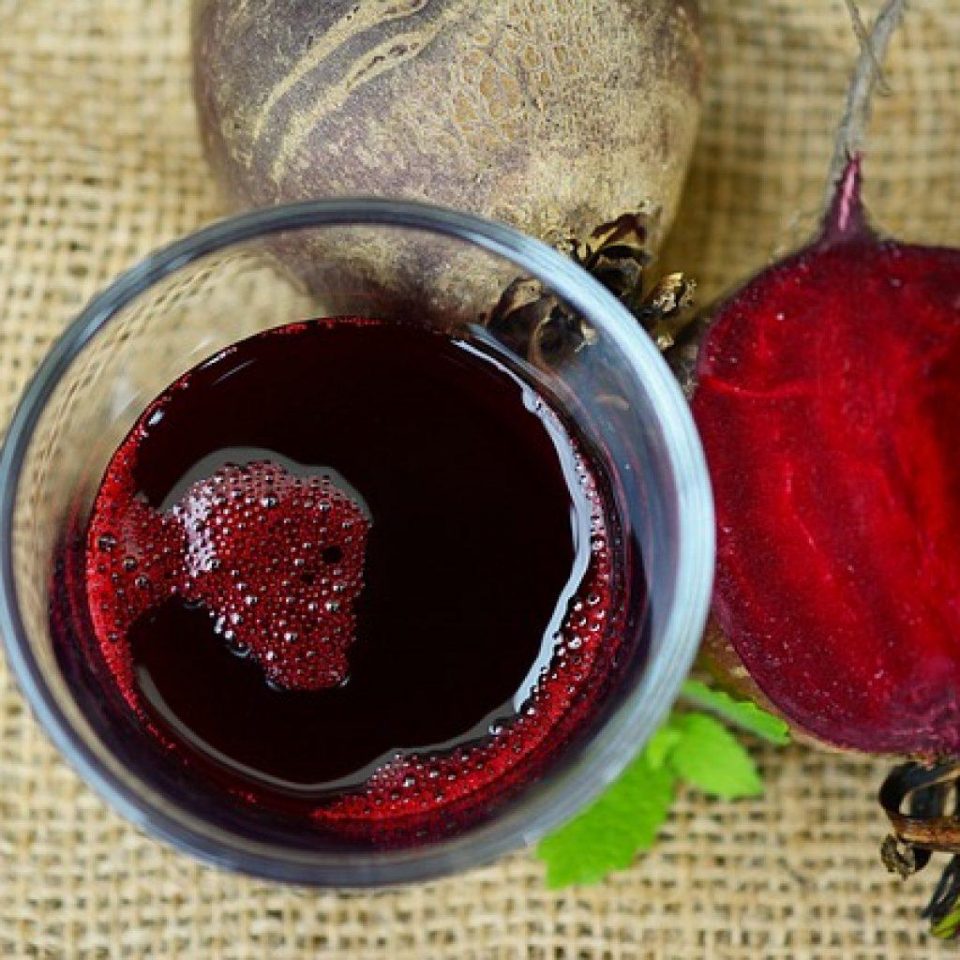
Source: CNA

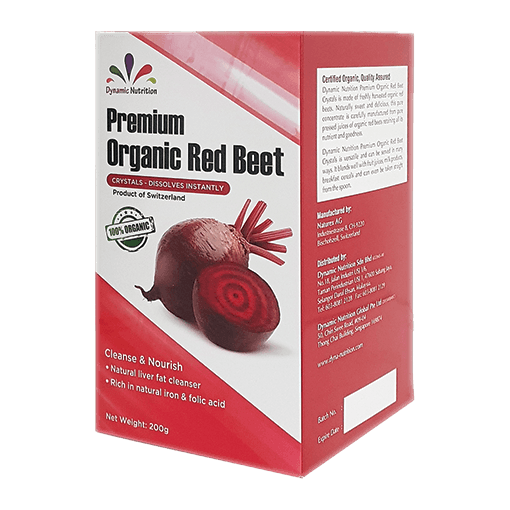

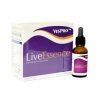



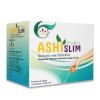
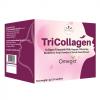
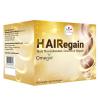

Facebook Comments